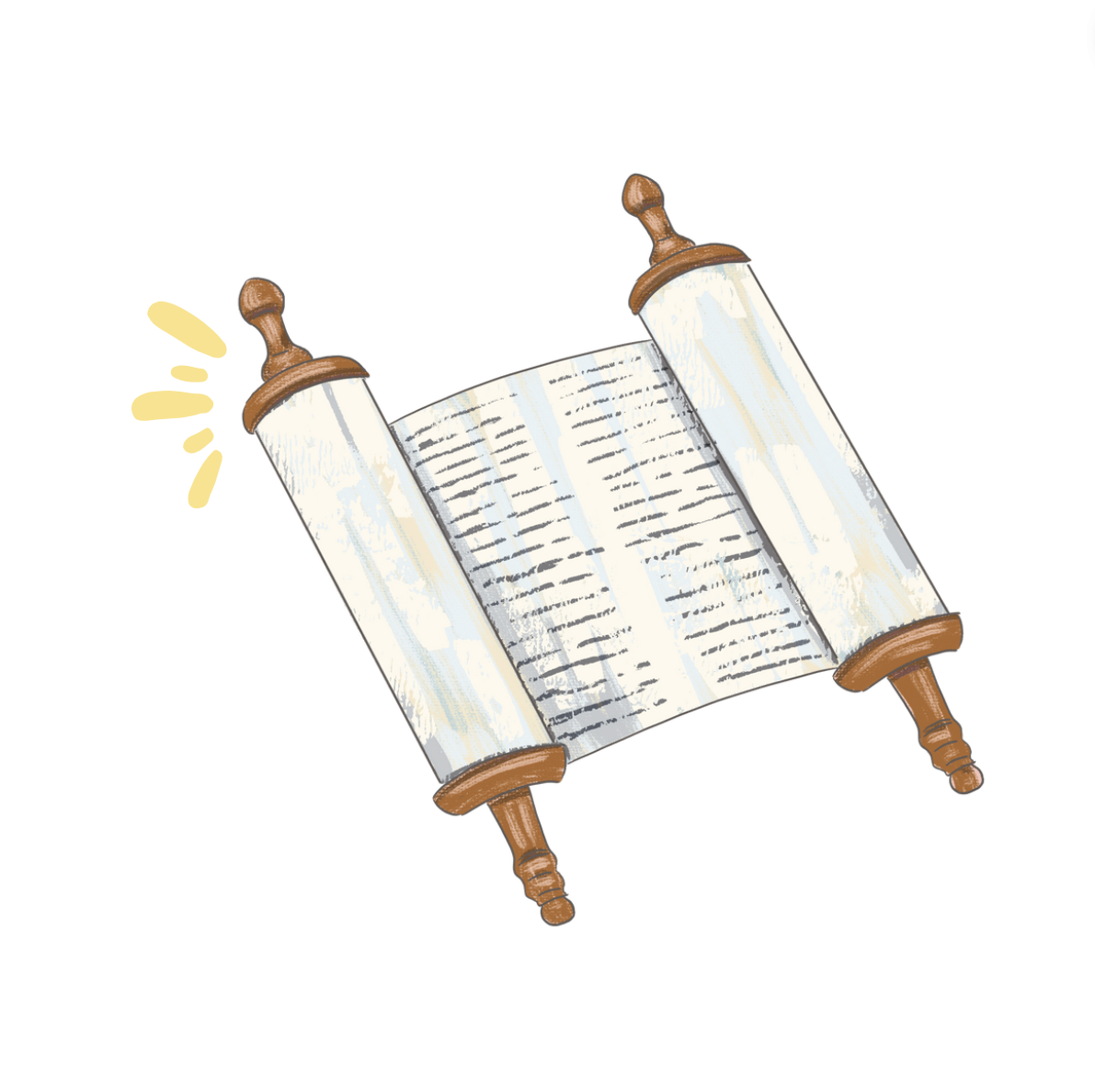This Shabbat, the secular and Jewish calendars give us an opportunity to reflect on the lives and legacies of two great leaders who changed the course of history.
The first is an ancient leader: Moses. In this week’s Torah portion, Parashat Va’era, God calls upon him to take up the mantle of leadership. He will be the one to cultivate a prophetic relationship with God, demand freedom for the Israelites from the oppressive Pharaoh, guide the people as they journey from Egypt to the Promised Land, and instruct this newly free nation on how to build a sacred society. He is famously reluctant to take on this role and is vocal about his lack of confidence. When God appoints him to this position, he responds by saying: “How…should Pharaoh heed me, me—who gets tongue-tied!” (Exodus 6:12). But God insists that he is the right person for the job, and he ends up leading the Israelites with humility and grace for 40 years, accompanying them through their trials in the desert, and readying them for their entry into Israel.
The second is a modern leader: Dr. Martin Luther King Jr., whose legacy we honor this coming Monday. Dr. King dedicated his far too short life to the fight for justice, civil rights, and racial equality in the United States. His life and his work were rooted in his faith, particularly in the voices of the Prophets of the Hebrew Bible. These Prophets, including Isaiah and Amos, argue that God wants human beings to treat each other with dignity and respect over all else, including strict adherence to ritual and worship. So notable and remarkable about Dr. King’s organizing was his emphasis on nonviolence, using peaceful protest to make real and lasting change. One of his most recent biographers, Jonathan Eig, calls him “our only modern-day founding father.”
Though both of these leaders brought their communities very far, they didn’t complete their work during their lifetimes. Moses led the Israelites to the edge of the Jordan River, but died before they could cross over and enter the land of Israel. He was not able to bring them to their destination; a new leader, Joshua, had to pick up where Moses left off. Dr. King referred to this biblical event in his eerily prescient final speech (he was tragically assassinated the next day): He, like Moses, declared: “I’ve looked over and I’ve seen the Promised Land. I may not get there with you, but I want you to know tonight that we as a people will get to the Promised Land!” We in the United States are closer—but have not yet arrived—at the Promised Land of dignity, equality, and respect which Dr. King envisioned. His call for an end to discrimination, racism, and hatred in America is still urgent today.
The extraordinary and inspiring leadership of Moses and of Dr. King feel like they are concepts of the past. We need—and sadly, often lack—strong leadership, especially in the context of the war in Israel and Gaza. While people who come to this conflict from different perspectives argue about many things, they often share a deep sense of frustration with the political leadership on both sides. As difficult as it is to imagine right now, one day, this war will be over. And when it is, we will need answers to the many questions about what will happen next: How will Gaza be rebuilt? Who will be in charge? Will political leadership in Israel and the Palestinian Authority change? How will we work toward peace? But one thing is certain: We will need strong, compassionate, and ethical leadership from both sides if we are ever to realize the dream of peace.
As we remember the honesty and humility of Moses, and the passion and principles of Dr. King, may we all aspire—and inspire others—to moral leadership today.
Shabbat shalom,
Deena

